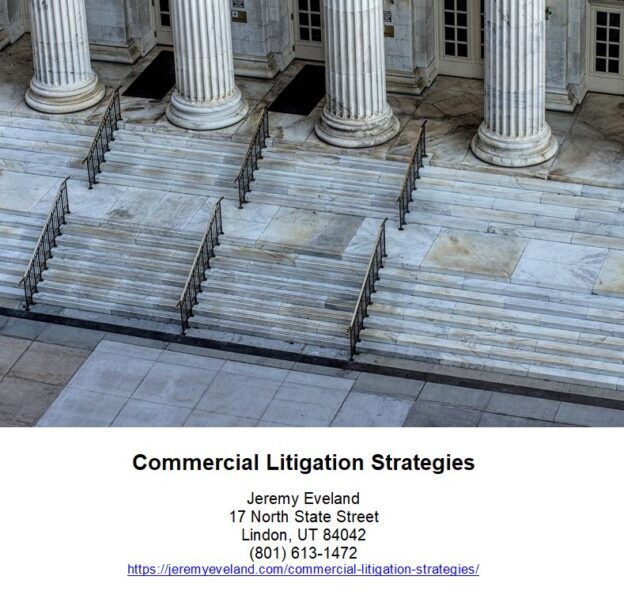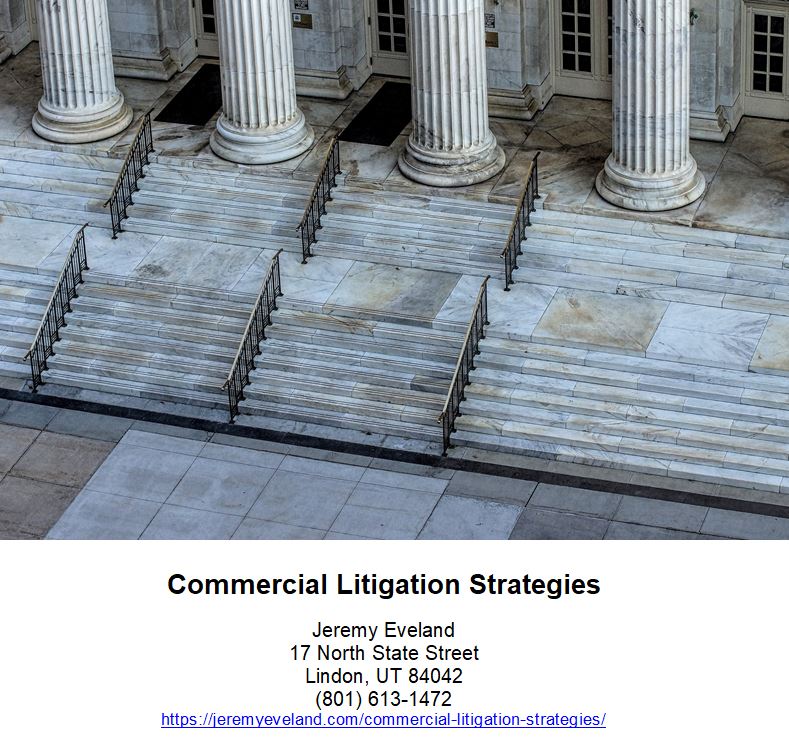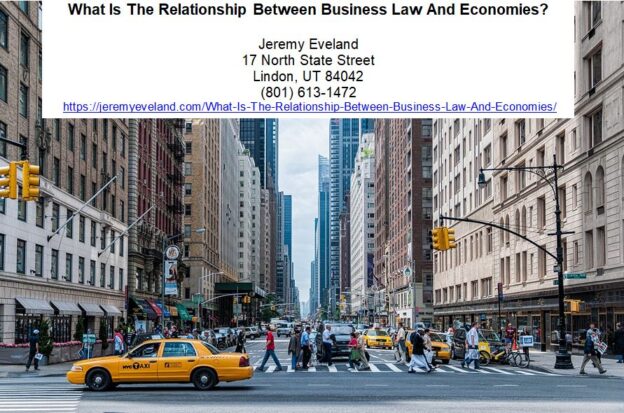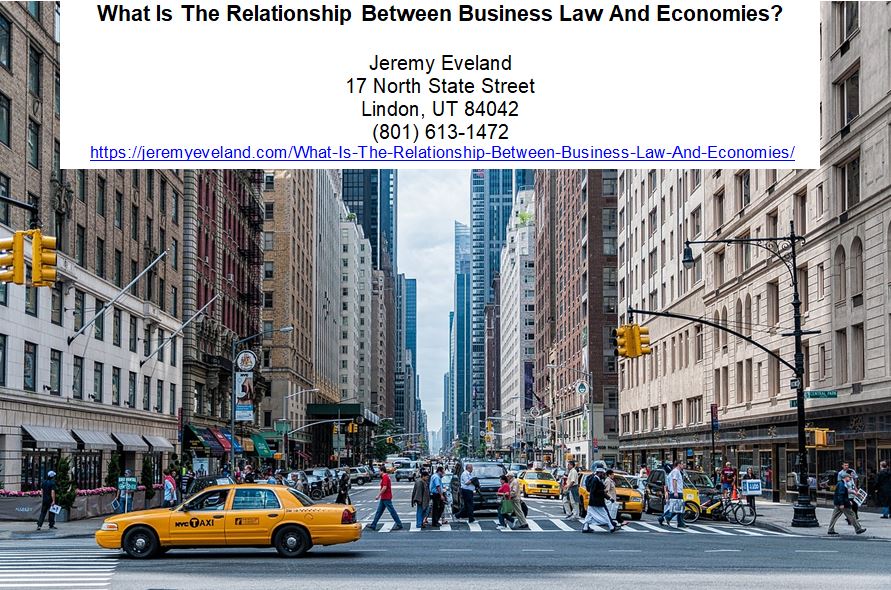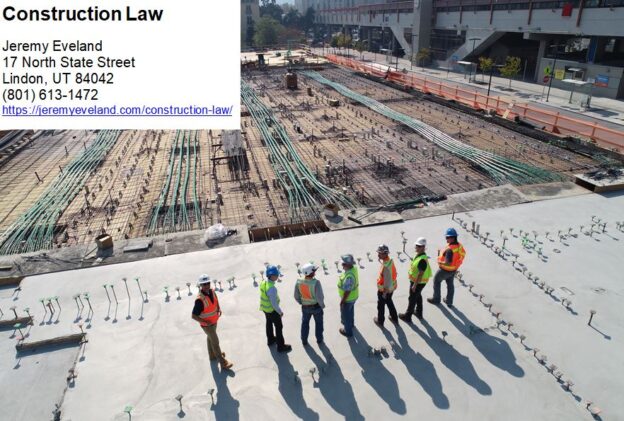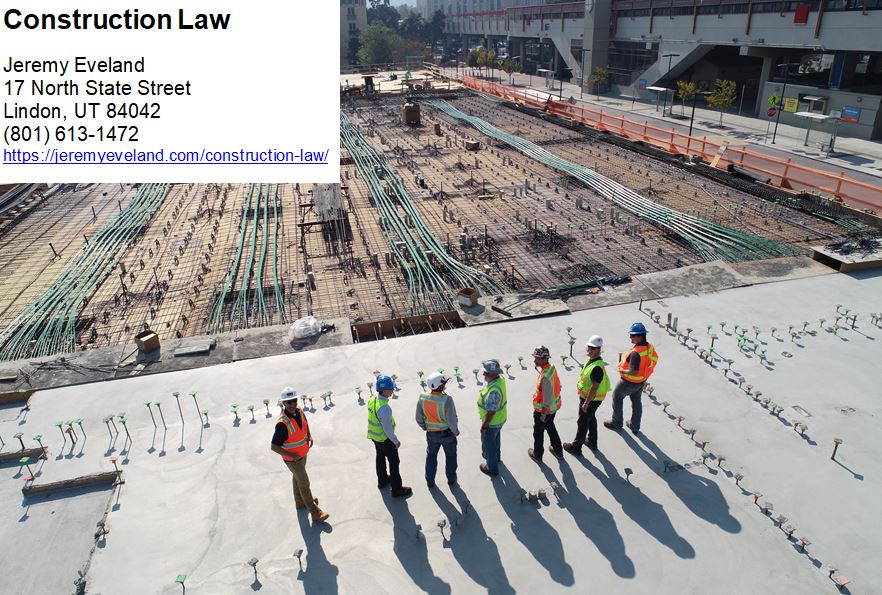-
Attorney at Law
- Introduction
- Common Mistakes to Avoid When Working with a Business Lawyer in Mapleton, Utah
- What to Look for When Hiring a Business Lawyer in Mapleton, Utah
- Understanding the Different Types of Business Law in Mapleton, Utah
- The Benefits of Working with a Business Lawyer in Mapleton, Utah
- How to Find the Right Business Lawyer in Mapleton, Utah
“Navigating the Complexities of Business Law in Mapleton, Utah with Confidence”
Introduction
Welcome to Business Lawyer Mapleton Utah! We are a full-service law firm dedicated to providing comprehensive legal services to businesses in the Mapleton area. Our experienced attorneys have a deep understanding of the legal issues that businesses face and are committed to providing the highest quality legal advice and representation. We specialize in a wide range of business law matters, including contract drafting and review, business formation and dissolution, intellectual property protection, employment law, and more. Our attorneys are committed to providing personalized legal services tailored to the unique needs of each client. We strive to provide the highest level of legal service and to ensure that our clients’ interests are protected. We look forward to helping you with all of your business law needs.
Common Mistakes to Avoid When Working with a Business Lawyer in Mapleton, Utah
1. Not Being Prepared: Before meeting with a business lawyer, it is important to be prepared. Have all relevant documents and information ready to discuss. This will help the lawyer understand the situation and provide the best advice.
2. Not Being Clear About Your Goals: Before meeting with a business lawyer, it is important to have a clear understanding of your goals. This will help the lawyer provide the best advice and help you achieve your desired outcome.
3. Not Being Open to Advice: It is important to be open to the advice of your business lawyer. They are experienced in the field and can provide valuable insight.
4. Not Being Honest: It is important to be honest with your business lawyer. If you are not honest, it can lead to legal issues down the line.
5. Not Following Through: Once you have received advice from your business lawyer, it is important to follow through with their advice. This will help ensure that you are taking the necessary steps to protect your business.
6. Not Keeping Records: It is important to keep records of all conversations and advice received from your business lawyer. This will help you stay organized and ensure that you are following the advice given.
What to Look for When Hiring a Business Lawyer in Mapleton, Utah
When hiring a business lawyer in Mapleton, Utah, it is important to consider several factors. First, you should look for a lawyer who is experienced in the area of business law. This means that the lawyer should have a thorough understanding of the laws and regulations that govern businesses in the state of Utah. Additionally, the lawyer should have a good track record of successfully representing clients in business-related matters.
Second, you should look for a lawyer who is knowledgeable about the local business climate. This means that the lawyer should be familiar with the local laws and regulations that affect businesses in Mapleton, as well as the local business culture. This will help the lawyer to provide the best advice and representation for your business.
Third, you should look for a lawyer who is willing to take the time to understand your business and its needs. The lawyer should be willing to listen to your concerns and provide advice that is tailored to your specific situation. This will ensure that the lawyer is able to provide the best possible legal advice and representation for your business.
Finally, you should look for a lawyer who is willing to work with you to ensure that your business is in compliance with all applicable laws and regulations. The lawyer should be willing to work with you to ensure that your business is operating in a legal and ethical manner. This will help to protect your business from potential legal issues and ensure that it is operating in a manner that is beneficial to both you and your customers.
Understanding the Different Types of Business Law in Mapleton, Utah
Business law in Mapleton, Utah, is a complex and ever-evolving field of law. It is important for business owners to understand the different types of business law in order to ensure that their business is compliant with all applicable laws and regulations.
The first type of business law in Mapleton, Utah, is contract law. This type of law governs the formation, performance, and enforcement of contracts between two or more parties. It is important for business owners to understand the basics of contract law in order to ensure that their contracts are legally binding and enforceable.
The second type of business law in Mapleton, Utah, is corporate law. This type of law governs the formation, operation, and dissolution of corporations. It is important for business owners to understand the basics of corporate law in order to ensure that their business is properly structured and compliant with all applicable laws and regulations.
The third type of business law in Mapleton, Utah, is employment law. This type of law governs the relationship between employers and employees. It is important for business owners to understand the basics of employment law in order to ensure that their employees are treated fairly and in accordance with all applicable laws and regulations.
The fourth type of business law in Mapleton, Utah, is intellectual property law. This type of law governs the protection of intellectual property, such as trademarks, copyrights, and patents. It is important for business owners to understand the basics of intellectual property law in order to ensure that their business is properly protected from infringement.
The fifth type of business law in Mapleton, Utah, is tax law. This type of law governs the taxation of businesses and individuals. It is important for business owners to understand the basics of tax law in order to ensure that their business is compliant with all applicable laws and regulations.
By understanding the different types of business law in Mapleton, Utah, business owners can ensure that their business is compliant with all applicable laws and regulations. This will help to protect their business from potential legal issues and ensure that their business is successful.
The Benefits of Working with a Business Lawyer in Mapleton, Utah
Working with a business lawyer in Mapleton, Utah can be a great asset for any business. A business lawyer can provide invaluable advice and guidance on a variety of legal matters, from contract negotiations to dispute resolution. Here are some of the benefits of working with a business lawyer in Mapleton, Utah.
1. Expertise: Business lawyers in Mapleton, Utah have a wealth of experience and knowledge in the field of business law. They can provide advice on a wide range of legal matters, from contract negotiations to dispute resolution. They can also help you understand the legal implications of any decisions you make, ensuring that your business is compliant with all applicable laws.
2. Cost Savings: Working with a business lawyer in Mapleton, Utah can save you money in the long run. By having a lawyer on your side, you can avoid costly legal mistakes and disputes. This can save you time and money in the long run, as well as helping to protect your business from potential legal issues.
3. Professional Representation: Working with a business lawyer in Mapleton, Utah can provide you with professional representation in court. This can be invaluable if you are involved in a dispute or lawsuit. A business lawyer can provide you with the legal advice and representation you need to ensure that your rights are protected.
4. Peace of Mind: Working with a business lawyer in Mapleton, Utah can provide you with peace of mind. Knowing that you have a professional on your side can help to reduce stress and worry, allowing you to focus on running your business.
By working with a business lawyer in Mapleton, Utah, you can ensure that your business is compliant with all applicable laws and regulations. This can help to protect your business from potential legal issues and disputes. In addition, a business lawyer can provide invaluable advice and guidance on a variety of legal matters, from contract negotiations to dispute resolution. Working with a business lawyer in Mapleton, Utah can provide you with the peace of mind and cost savings you need to ensure the success of your business.
How to Find the Right Business Lawyer in Mapleton, Utah
Finding the right business lawyer in Mapleton, Utah can be a daunting task. With so many lawyers to choose from, it can be difficult to know which one is the best fit for your business. Here are some tips to help you find the right business lawyer for your needs.
1. Research: Start by researching the different business lawyers in Mapleton, Utah. Look for reviews online, ask for referrals from other business owners, and read up on the lawyers’ credentials. This will help you narrow down your list of potential lawyers.
2. Experience: Make sure the lawyer you choose has experience in the type of business law you need. Ask about their experience in the specific area of law you need help with.
3. Communication: Make sure the lawyer you choose is someone you can communicate with easily. You should feel comfortable discussing your business needs with them and be able to trust their advice.
4. Fees: Ask about the lawyer’s fees and payment options. Make sure you understand the payment structure and that it fits within your budget.
5. References: Ask for references from the lawyer’s past clients. This will give you an idea of how they handle cases and how satisfied their clients are with their services.
By following these tips, you can find the right business lawyer in Mapleton, Utah for your needs. With the right lawyer, you can rest assured that your business is in good hands.
Areas We Serve
We serve individuals and businesses in the following locations:
Salt Lake City Utah
West Valley City Utah
Provo Utah
West Jordan Utah
Orem Utah
Sandy Utah
Ogden Utah
St. George Utah
Layton Utah
South Jordan Utah
Lehi Utah
Millcreek Utah
Taylorsville Utah
Logan Utah
Murray Utah
Draper Utah
Bountiful Utah
Riverton Utah
Herriman Utah
Spanish Fork Utah
Roy Utah
Pleasant Grove Utah
Kearns Utah
Tooele Utah
Cottonwood Heights Utah
Midvale Utah
Springville Utah
Eagle Mountain Utah
Cedar City Utah
Kaysville Utah
Clearfield Utah
Holladay Utah
American Fork Utah
Syracuse Utah
Saratoga Springs Utah
Magna Utah
Washington Utah
South Salt Lake Utah
Farmington Utah
Clinton Utah
North Salt Lake Utah
Payson Utah
North Ogden Utah
Brigham City Utah
Highland Utah
Centerville Utah
Hurricane Utah
South Ogden Utah
Heber Utah
West Haven Utah
Bluffdale Utah
Santaquin Utah
Smithfield Utah
Woods Cross Utah
Grantsville Utah
Lindon Utah
North Logan Utah
West Point Utah
Vernal Utah
Alpine Utah
Cedar Hills Utah
Pleasant View Utah
Mapleton Utah
Stansbury Par Utah
Washington Terrace Utah
Riverdale Utah
Hooper Utah
Tremonton Utah
Ivins Utah
Park City Utah
Price Utah
Hyrum Utah
Summit Park Utah
Salem Utah
Richfield Utah
Santa Clara Utah
Providence Utah
South Weber Utah
Vineyard Utah
Ephraim Utah
Roosevelt Utah
Farr West Utah
Plain City Utah
Nibley Utah
Enoch Utah
Harrisville Utah
Snyderville Utah
Fruit Heights Utah
Nephi Utah
White City Utah
West Bountiful Utah
Sunset Utah
Moab Utah
Midway Utah
Perry Utah
Kanab Utah
Hyde Park Utah
Silver Summit Utah
La Verkin Utah
Morgan Utah
Mapleton UT Business Lawyer Consultation
When you need help from an attorney for business in Mapleton call Jeremy D. Eveland, MBA, JD (801) 613-1472 for a consultation.
Jeremy Eveland
17 North State Street
Lindon UT 84042
(801) 613-1472
Related Posts
Business Lawyer South Ogden Utah
Last Will and Testament Lawyer
Business Lawyer Heber City Utah
Business Lawyer Hurricane Utah
Business Lawyer West Haven Utah
Do I Need A License To Start A Business?
Business Lawyer Bluffdale Utah
Business Lawyer Santaquin Utah
Legal Implications of Cryptocurrency in Business Transactions
Business Lawyer Smithfield Utah
Structuring A Flow Through Entity
Business Lawyer Woods Cross Utah
Business Lawyer Grantsville Utah
Structuring Turn Around Investments
Business Lawyer North Logan Utah
How Many Types of Business Law Are There?
Business Lawyer West Point Utah
Valuation Discounts on the Transfer of a Business
Business Lawyer Cedar Hills Utah
Business Lawyer Pleasant View Utah
[geocentric_weather id=”3c955b94-9b88-4f13-ac64-396d1bd4d3d6″]
[geocentric_about id=”3c955b94-9b88-4f13-ac64-396d1bd4d3d6″]
[geocentric_neighborhoods id=”3c955b94-9b88-4f13-ac64-396d1bd4d3d6″]
[geocentric_thingstodo id=”3c955b94-9b88-4f13-ac64-396d1bd4d3d6″]
[geocentric_busstops id=”3c955b94-9b88-4f13-ac64-396d1bd4d3d6″]
[geocentric_mapembed id=”3c955b94-9b88-4f13-ac64-396d1bd4d3d6″]
[geocentric_drivingdirections id=”3c955b94-9b88-4f13-ac64-396d1bd4d3d6″]
[geocentric_reviews id=”3c955b94-9b88-4f13-ac64-396d1bd4d3d6″]








